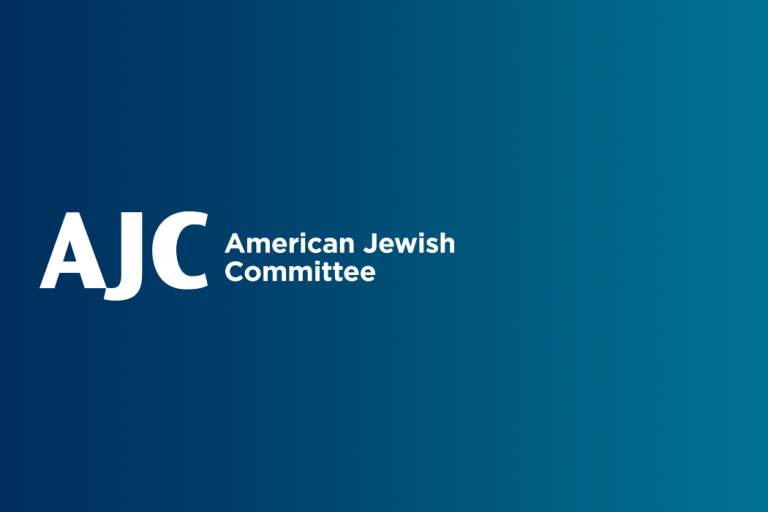Many universities are dealing with ongoing protests and encampments by anti-Israel activists, a trend that we expect will continue through graduation.
AJC has recommended a series of short, medium, and long-term action steps for university administrators in our updated Action Plan. We recognize that many schools are still mired in short-term crises and must delay longer-term strategizing. We also know that administrators will use the summer to convene internally about policy and rules in an effort to avoid replicating this year, next year.
What we are asking university administrators on campuses with encampments and/or ongoing protests to do right now:
- Assure the safety and security of all on campus, including Jewish students, and ensure their ability to freely access all campus spaces (classrooms, dorms, libraries, cafeterias, and extracurricular spaces).
- Clarify and enforce existing rules surrounding protests in ways that provide appropriate avenues for protesters, and also clarify consequences for those who opt to break the rules. Given the level of disruption on campuses nationally, it is more important than ever that administrators exercise their power to convey, with clarity, what constitutes acceptable vs unacceptable methods of protest, and what procedures and consequences are in place when those rules are violated. We encourage university leaders to clarify their protocols for warning those who break the rules about next steps, including calling in civil authorities when necessary. Protests must abide by time, place, and manner restrictions (including noise restrictions). Protests must not create a hostile atmosphere for non-protesting campus citizens, and also cannot impose unlawful restrictions that bar access to the protest sites themselves.
- University leaders and especially student-facing administrators must check in with their Jewish community on campus to ensure their needs are being met and their concerns are registered and taken seriously. Administrators must avoid tokenizing anti-Zionist Jews or assuming they represent the majority view of the American Jewish community or Jewish members of the campus community. Instead, administrators must ensure they are communicating with Zionist students whose Jewish identities are being increasingly targeted for hostility and invective at these protests.
- Administrators should never cede ground to protesters who break clearly-established campus rules. When administrators agree to negotiate with students or student groups who demonstrate flagrant disregard for campus regulations, they send the message that aggressive, and even violent tactics constitute effective tools for gaining ground on their campuses. In a campus setting, the free exchange of ideas and reasoned dialogue crucially depend on never resorting to violence, bullying, or the suppression of others’ speech (“heckler’s veto”). Administrators cannot and must not tolerate tactics of rule-breaking, bullying, harassment, and violence, or reward them by treating them as starting-points for negotiation with university leaders. To do so undermines the very core of higher education’s mission to create a space of learning that prioritizes the free expression of ideas that can never descend into violence or the threat of violence.
- Administrators should communicate clearly and unequivocally about what constitutes free speech vs unlicensed disruption. For example, interfering with others’ ability to access campus spaces, occupying campus buildings, vandalism of school property, disruption or cancellation of classes in service of political messaging, violence directed against others, and the interruption of scheduled events and their speakers, all constitute disruptions that interfere with free speech and prevent the free exchange of ideas. They can also contribute to a hostile campus atmosphere. Under no circumstances do these disruptive behaviors constitute allowable expressions of free speech, and they are not legally protected under free speech laws. Administrators must make this distinction clear to all members of their campus community, including students, faculty, and staff.


